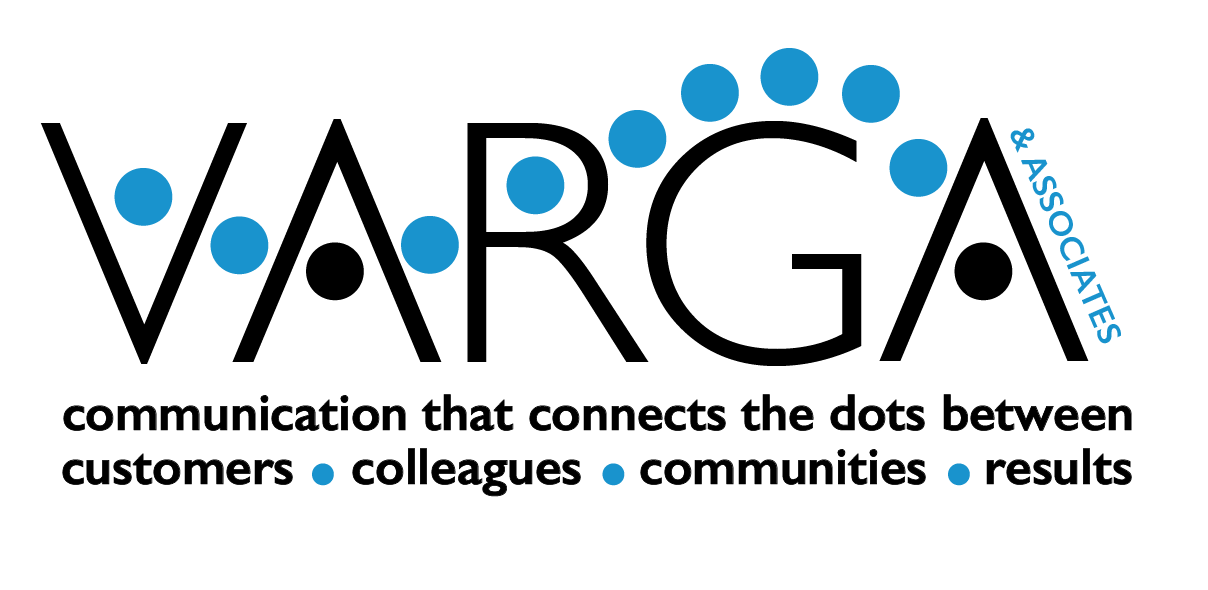While mingling at a networking event, one of the most common questions asked is, “What do you do?” Wouldn’t it be fun to be able to respond with, “I’m a Cirque de Soleil performer.” “I’m a mountaineer and have climbed Everest four times!” However if you respond with “I’m a business consultant” you may get a friendly nod at best and at worse a yawn. It is an overused descriptor but is a role that is crucial to the success of many organizations.
Business consultants are organizational thinking partners. The need comes about when people find their organization needs a jumpstart, a fresh perspective or an update of their current business practices to be more successful. The business may just be starting out and need some guidance as to how to be most successful, or they may be reorganizing and restructuring, or perhaps hovering dangerously close to business failure and financial ruin.
Here are a few things to keep in mind when you are looking to choose a consultant:
-
Chemistry
Is there chemistry between the consultant and the key stakeholders they will be working with? Do personalities clash or align? This individual will be working closely with the internal team and finding the right fit is essential.
-
Background
Does their educational and professional background sync up with your company’s industry? Do they have experience working with your core issues? Do they know your customers? The more familiar they are with your industry, the quicker the ramp up time will be.
-
Qualities
A business consultant will have strong communication/interpersonal and analytical skills, as well as good presentation and writing skills, be able to quickly understand business processes, be detail-oriented, think creatively, and be a good problem-solver with innovative and realistic solutions to problems.
-
Direction
First the business consultant must find out what the client wants to fix or improve. Primarily, he or she will help make a business operate better by finding and identifying problems and weaknesses in the business model and/or work site itself, providing an analysis of his or her findings about the existing practices, and recommending solutions for improvement.
The business consultant will observe the daily business operations, do research into the company such as: reviewing financial statements, comparing what their competitors are doing, observing and analyzing current business practices, as well as interacting with employees and meeting with key management figures – CEOs, board members, etc., to gain an understanding of how the business currently operates, what problems there are, and why those problems are happening.
After this stage, the business consultant will likely develop a new business model to present to the client, or come up with other recommendations for them to implement. Solutions may include the development of new training programs, creation of employee handbooks or manuals, implementation of new systems, recommendations for new equipment, etc.
Other duties may include: suggesting ways to improve communication, employee morale, motivation, and work performance; helping to define or refine the mission, goals and objectives of the company; coaching employees; and suggesting ways to increase customer loyalty and satisfaction.
When a company has things they wish to (or need to) improve about their business, finding and hiring the right candidate could be one of the best moves they make.






